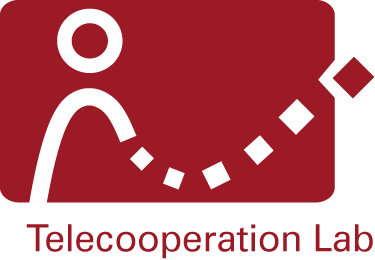Smart Products (SP) are real-world objects, devices or software services bundled with Active or Reflective Knowledge about themselves and their capabilities, enabling new ways of interacting with humans and the environment autonomously. The notion of Active Knowledge represents the opposite to traditional, Passive Knowledge that is available today in the form of printed manuals and documentation. Smart Products have a set of properties that makes them unique:
- Self Explanatory. Smart Products reveal their own functionality to the users and other Smart Products
- Self Organizing. The provide the ability to combine with other federated Smart Products to provide meaningful, value added functionality.
- Extensible. An important part of Smart Productís functionality require some kind of communications capability Communications allow the SP to be extended and supported locally or by third-party subscriptions
- Self Sustainable. Smart Products should able to work in self-supported or infrastructure modes
These characteristics will turn Smart Products into the future building blocks of Ambient Intelligence. As such, Smart Products organize their knowledge into different layers according to the level of abstraction they address: device capabilities, functionality, integrity, user services, and connectivity.
Technology Focus
- AI Planning systems
- Sensors networks and RfID technologies
- Service-oriented, publish-subscribe middleware and architectures
- Ontologies
Topics
Context awareness
- Semantic modeling and integration of behavior
- Product life-cycle support with reflective knowledge
- Mixed-initiative user guidance
- Smart Product Federations
- Design and modeling of smart environments using smart products.
- Integration and coordination of smart products into existing processes
Activities
- Implementation and Evaluation of Smart Product technologies
- Development of Ambient Intelligence based on Smart Products
Former Project Member
- Fernando Lyardet
Contact
- Dr. Aristotelis Hadjakos



